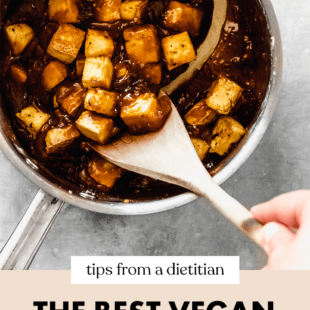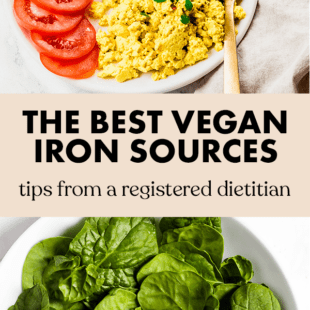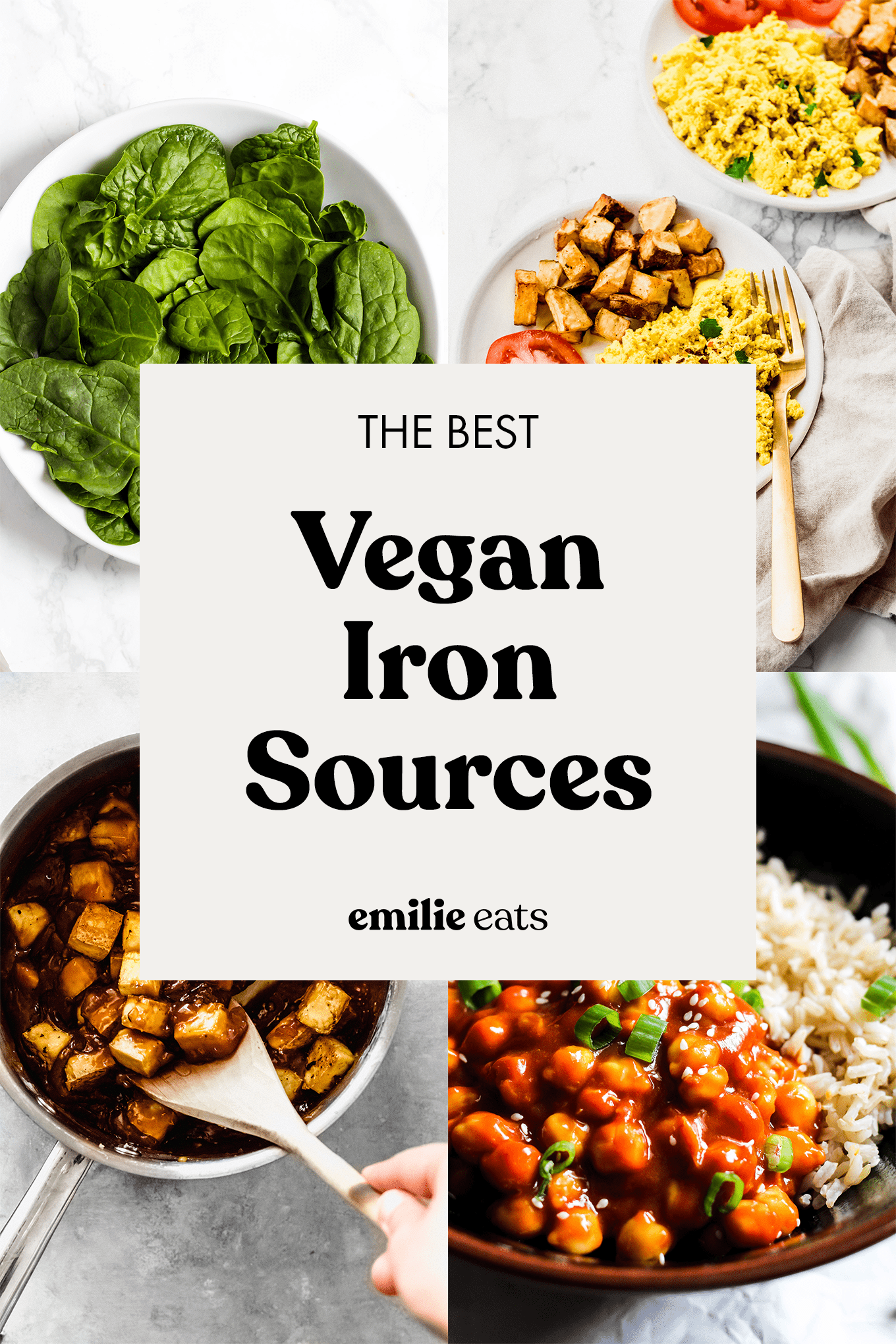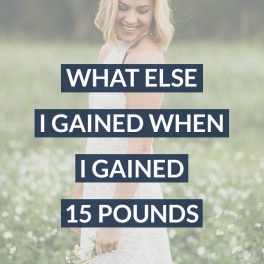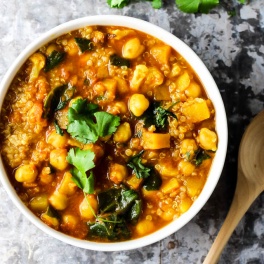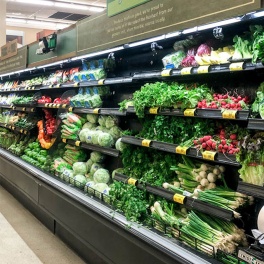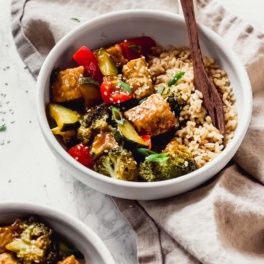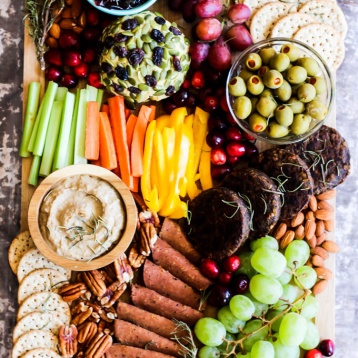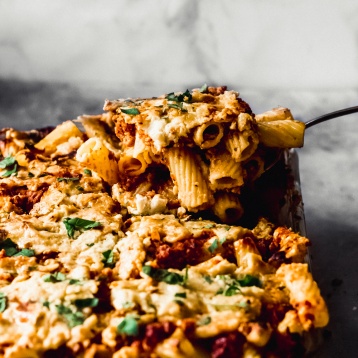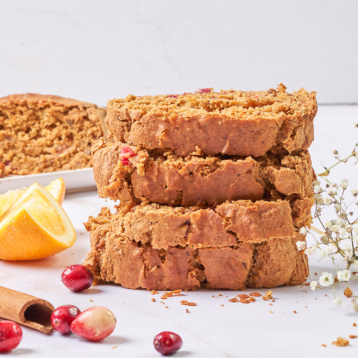There are plenty of vegan foods high in iron, but are you getting enough? This is your guide to vegan iron sources you should be including in your diet. The information in this post is for educational purposes only and is not a substitute for professional medical advice.
Iron Deficiency: The Best Vegan Iron Sources
Have you ever wondered if you eat enough iron as a vegan? Or maybe you’ve been thinking about eating more plant-based, but you’re worried about iron deficiency.
Iron deficiency is one of the most common nutrient deficiencies globally, so these worries are totally valid. While you can meet your iron needs through vegan iron sources alone, it does require some extra planning and potentially supplementation.
(You may want to start with this post on general vegan nutrition tips, then come back to this post on vegan iron sources!)
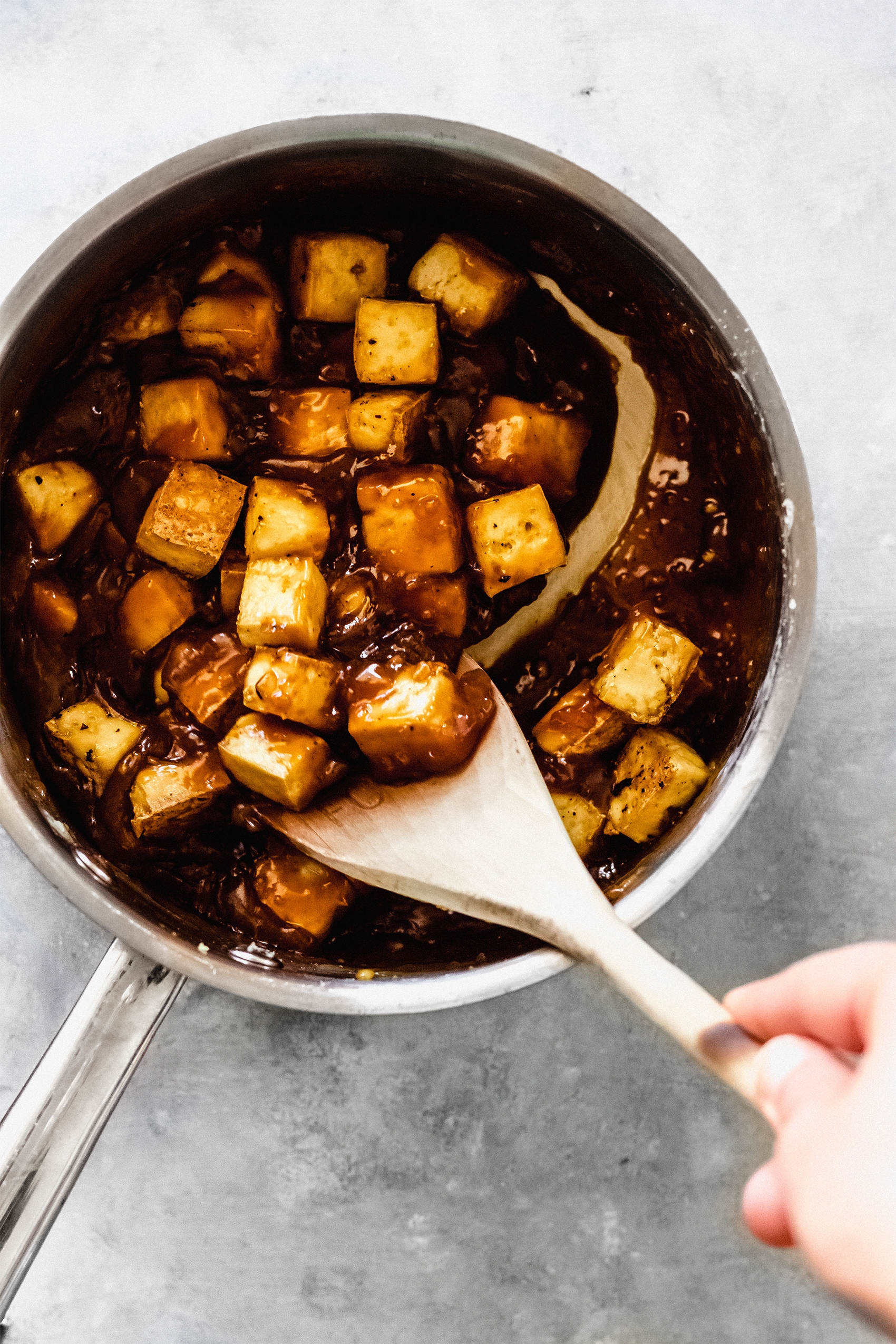
Why is Iron Important for Health?
Iron plays two main roles in the body: it’s a component of hemoglobin and a component of myoglobin. Hemoglobin is what allows oxygen to get to all your tissues, while myoglobin gets oxygen to your muscles. Without enough iron, your body would be lacking oxygen.
The general recommendations for daily iron consumption for adults are:
- 8 mg/day for postmenopausal women and all adult men
- 18 mg/day for premenopausal woman.1
Although it is a common belief that all vegans are iron deficient, iron deficiency happens in all different kinds of eaters, even meat-eaters. Iron deficiency can result in fatigue, weakness, inability to focus, pale skin, headache, and dizziness, among other symptoms.
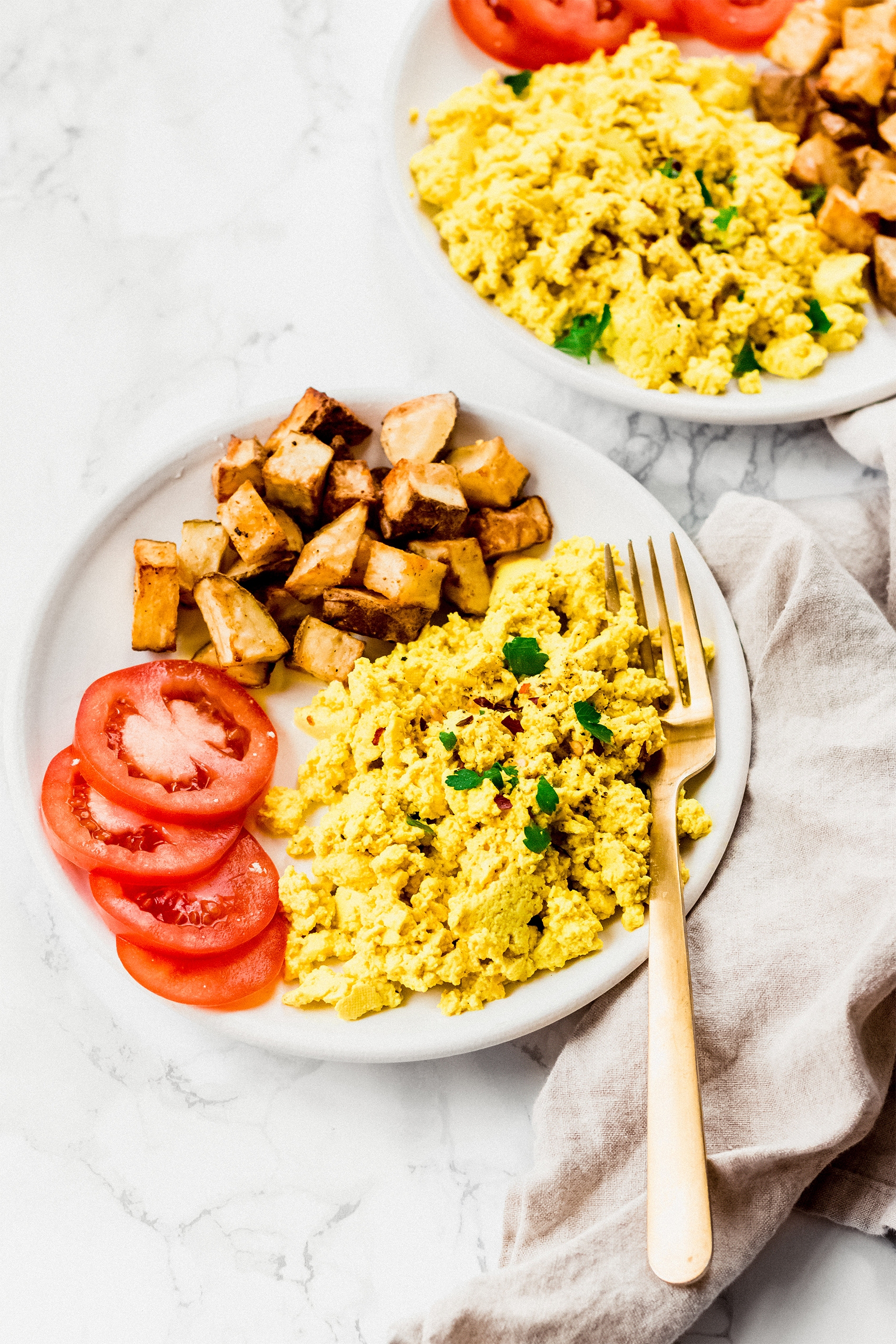
What Foods Are High in Iron?
Iron can be found in many plant foods, but there are particular food sources that are high in iron. Vegan foods high in iron include:
- Lentils
- Tofu and tempeh
- Chickpeas, black-eyed peas, white beans, and kidney beans
- Fortified breakfast cereals
- Nuts and seeds, like flaxseeds, pumpkin seeds, and sesame seeds
- Cooked spinach
- Potatoes (with skin)
- Some vegan meats, like Beyond Meat and Impossible Burger
The iron found in plant foods is called non-heme iron, while the iron found in animal foods is called heme iron. It’s important to note that our bodies cannot absorb as much non-heme iron from food compared to heme iron. Heme iron absorption is about 25% (meaning your body can only utilize 25% of the iron in that food). Non-heme iron absorption is about 0.7-23% – quite the range!2 Basically, vegans and mostly plant-based eaters should plan to eat a bit more iron than recommended to account for lower iron absorption.
Thankfully, there are a few ways to increase the amount of iron you can absorb from food:
- Consume vitamin C with vegan iron sources. Examples of foods high in vitamin C include citrus fruits, strawberries, bell peppers, citrus juices, and broccoli.
- Avoid consuming caffeine with high-iron foods. There should be at least one hour before and after a high-iron meal with no coffee and tea.
- Try to avoid high calcium foods and supplement with high-iron foods. If you can keep your iron and calcium foods separate, that is best, as high calcium does decrease iron absorption.
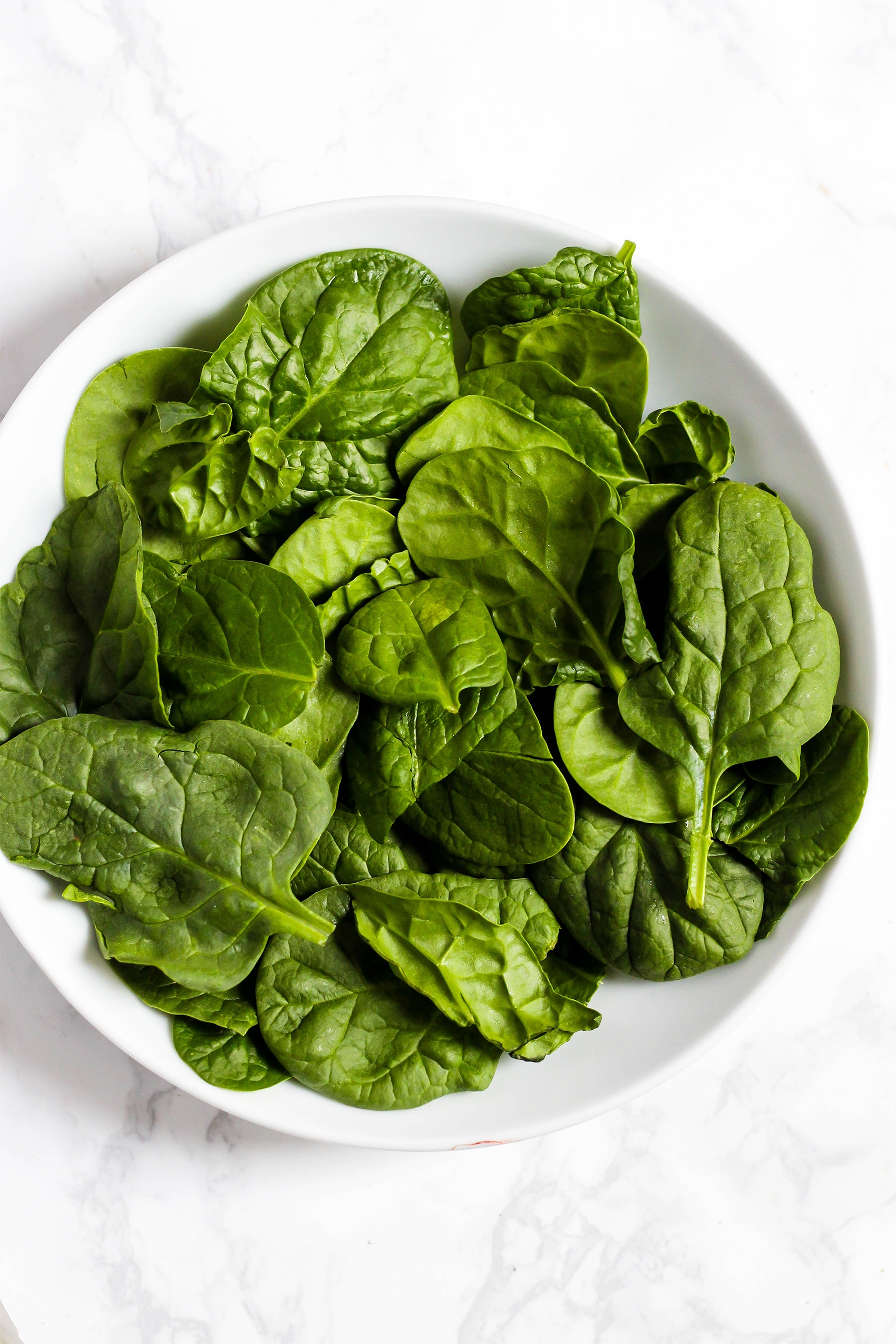
Should I Take Iron Supplements?
Even though iron found in plant foods is less absorbable than iron in animal foods, those eating vegan or mostly plant-based can meet their needs through food alone. However, some people may have difficulty meeting iron needs, such as premenopausal vegan women or people with heavy periods.
It is best to talk to your doctor or dietitian about potentially adding an iron supplement to your routine if your bloodwork and/or other factors show a need for it.
I’m accepting 1-on-1 nutrition clients! Click here to learn more about how I can support you in ditching diet culture, letting go of food guilt, and learning how to respect your body.

